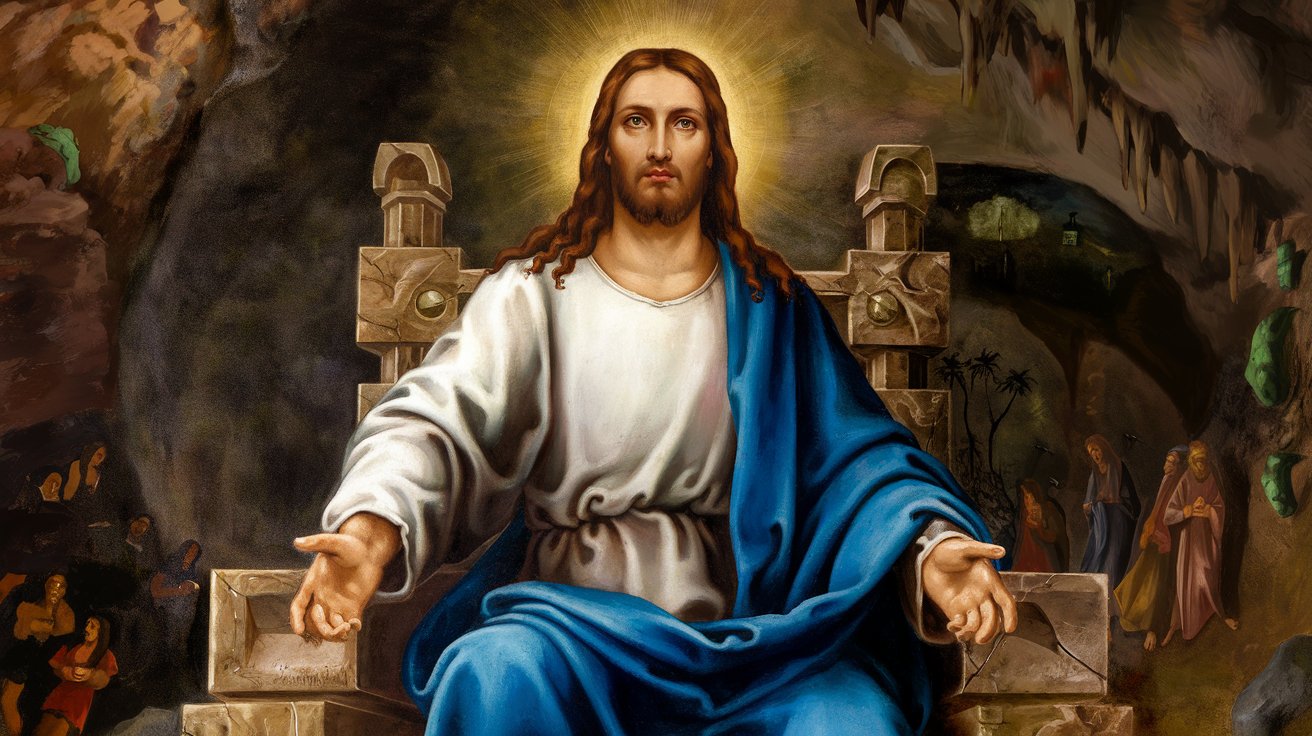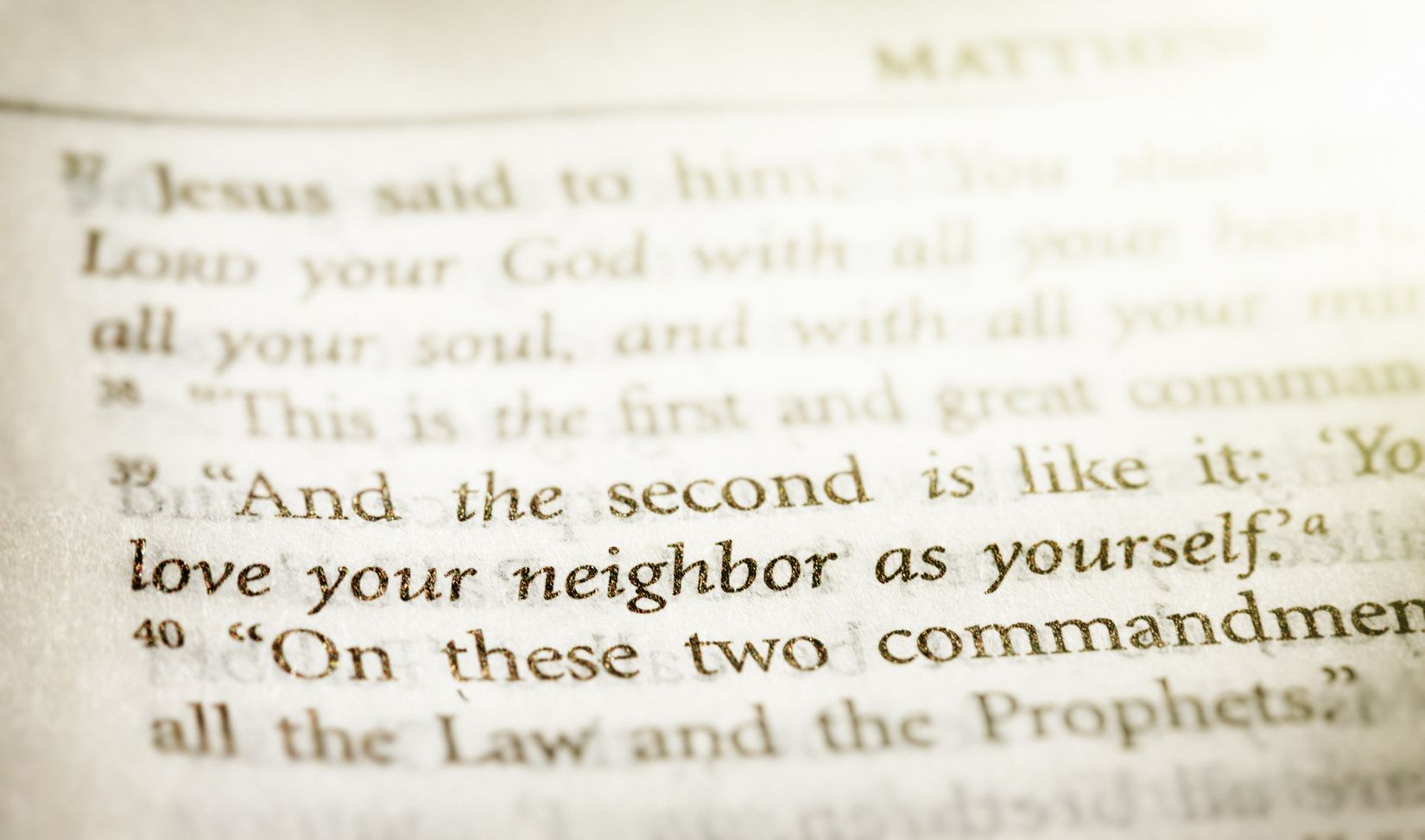
Messianism is a belief in the arrival of a savior or redeemer who will bring about a transformative era of peace, justice, or salvation. This concept has roots in ancient Zoroastrianism and has significantly influenced major religions like Judaism, Christianity, and Islam. Each faith has its unique interpretation of the messianic figure, from the Jewish expectation of a Davidic king to the Christian belief in Jesus Christ as the Messiah and the Islamic anticipation of the Mahdi. Messianism has also shaped historical events, cultural movements, and theological debates, making it a fascinating and complex topic that continues to resonate today.
Origins and Definition of Messianism
Messianism is a belief system that has shaped various religious traditions and cultural movements. Let's explore its origins and core concepts.
-
Messianism originated as a Zoroastrian religious belief, where the concept of a savior figure was central to their eschatology. This idea later influenced Abrahamic religions, including Judaism, Christianity, and Islam.
-
Messianism is the belief in the advent of a messiah who acts as the savior of a group of people. This savior figure is often expected to bring about a period of salvation, redemption, or significant change in the world.
Messianism in Different Religions
Each major religion has its unique interpretation of the messianic figure. Let's delve into how Judaism, Christianity, and Islam view the messiah.
-
In Judaism, messianism is deeply rooted in the concept of the Messiah, who is expected to be a descendant of King David and bring about a golden age of peace and prosperity.
-
Christianity identifies Jesus Christ as the Messiah, believed to have fulfilled the messianic prophecies in the Hebrew Bible. This belief is central to Christian theology.
-
In Islam, the concept of the Mahdi is similar to the messiah in other religions. The Mahdi is believed to be a righteous leader who will appear at the end of time to guide humanity and bring about justice.
Historical Development and Textual Evidence
Messianic expectations have evolved significantly over history. Let's look at how historical events and texts have shaped these beliefs.
-
Messianic expectations have evolved significantly over history. In ancient Judaism, the concept of the Messiah was closely tied to the Davidic kingship.
-
The Hebrew Bible contains references to messianic figures, although the term "messiah" itself is not consistently used. The Emmanuel prophecy in Isaiah 7:10-25 is a significant example of messianic imagery in the Old Testament.
Literary and Theological Context
Messianic expectations are deeply embedded in religious literature and theology. Let's explore this context further.
-
The messianic expectation is deeply embedded in Jewish literature beyond the Bible. Texts from the 2nd Temple period and early rabbinic literature provide insights into how Jewish communities interpreted biblical prophecies messianically.
-
The concept of the messiah is often woven into mythological imagery, reflecting the struggles between good and evil, light and darkness, and truth and falsehood.
Eschatological Role and Universal vs. National Roles
The messiah often plays an eschatological role, and different religions view this role differently. Let's explore these aspects.
-
Messianism often involves an eschatological role, where the messiah is expected to bring about a final period of salvation or redemption.
-
Judaism typically views the Messiah as a national, ethnic, political, and material figure, while Christianity sees Jesus as a universal, cosmopolitan, ethical, and spiritual savior.
Historical Impact and Messianic Movements
Messianic movements have had significant historical impacts. Let's look at some examples.
-
Messianic movements have had significant historical impacts, influencing political and social developments.
-
Nazi ideology included elements of messianism, where Hitler was seen as a potential savior figure.
-
Russian and Slavic messianism held that the Slavs, particularly the Russians, suffered to redeem other European nations and eventually all of humanity.
-
Messianic movements have been diverse and widespread. In Judaism, figures like the Maccabees and later messianic candidates have arisen, although none have successfully realized the mission of the Messiah.
Messianic Prophecies and Theological Significance
Messianic prophecies are central to both Jewish and Christian beliefs. Let's explore their significance.
-
Messianic prophecies are central to both Jewish and Christian beliefs. The Hebrew Bible contains numerous prophecies about a future savior figure.
-
The concept of the messiah is deeply theological, reflecting fundamental beliefs about salvation, redemption, and the nature of God.
Cultural Impact and Interfaith Dialogue
Messianism has had significant cultural impacts and highlights the need for interfaith dialogue. Let's explore these aspects.
-
Messianism has had significant cultural impacts, influencing art, literature, and political movements.
-
Messianism highlights the need for interfaith dialogue and understanding. Different religious traditions have developed unique interpretations of the messiah.
Scholarly Studies and Messianic Jewish Theology
Scholarly studies on messianism provide valuable insights. Let's look at some key areas of research.
-
Scholarly studies on messianism are extensive and varied. Researchers have examined the concept in various religious traditions, including Jewish, Christian, and Islamic contexts.
-
Messianic Jewish theology seeks to understand the messiah within a Jewish context. This approach emphasizes the continuity between Judaism and Christianity.
Messianic Expectations and Eschatological Protagonists
Messianic expectations and eschatological protagonists have evolved over time. Let's explore these changes.
-
Messianic expectations have evolved over time, influenced by historical events and cultural changes.
-
Messianism often involves multiple eschatological protagonists whose roles are debated among scholars. In Judaism, this includes various figures beyond the traditional Messiah.
Mythological Imagery and Contemporary Relevance
The concept of the messiah is often woven into mythological imagery and remains relevant today. Let's explore these aspects.
-
The concept of the messiah is often woven into mythological imagery, reflecting the struggles between good and evil, light and darkness, and truth and falsehood.
-
Messianism remains relevant today, influencing contemporary theological debates and cultural movements.
The Ongoing Quest for Salvation
Messianism has shaped religious beliefs and cultural movements for centuries. From its Zoroastrian origins to its profound impact on Judaism, Christianity, and Islam, the idea of a messiah or savior remains a powerful force. Each tradition has its unique take, whether it's the Jewish Messiah, Christian Jesus, or Islamic Mahdi. Historical events like the destruction of the Temple and the Holocaust have further molded these beliefs.
Messianism isn't just about theology; it's influenced art, literature, and politics. Movements have risen and fallen, each leaving a mark on history. Understanding messianism offers insights into humanity's enduring hope for salvation and redemption. This concept continues to inspire and challenge, reflecting our deepest aspirations for a better world. Messianism's rich tapestry of beliefs and interpretations keeps it relevant in today's world.
Was this page helpful?
Our commitment to delivering trustworthy and engaging content is at the heart of what we do. Each fact on our site is contributed by real users like you, bringing a wealth of diverse insights and information. To ensure the highest standards of accuracy and reliability, our dedicated editors meticulously review each submission. This process guarantees that the facts we share are not only fascinating but also credible. Trust in our commitment to quality and authenticity as you explore and learn with us.


